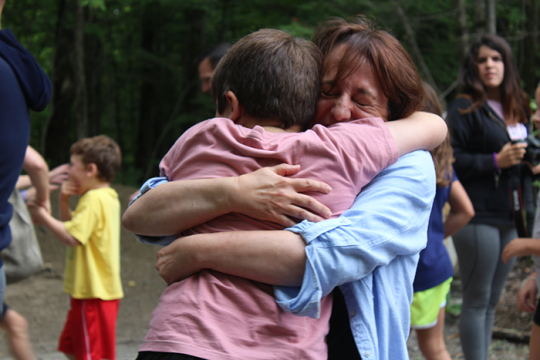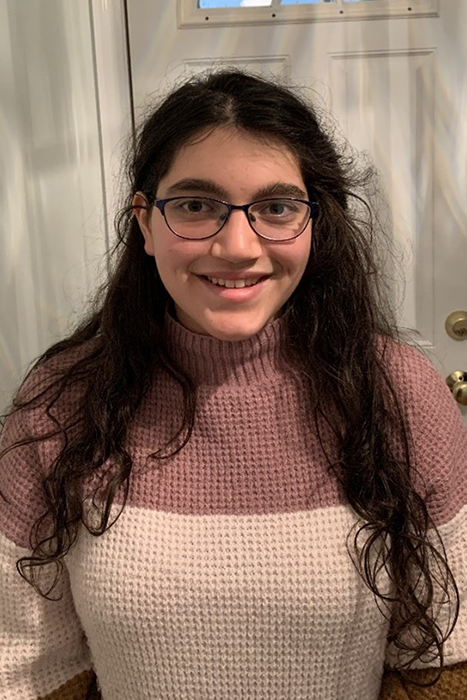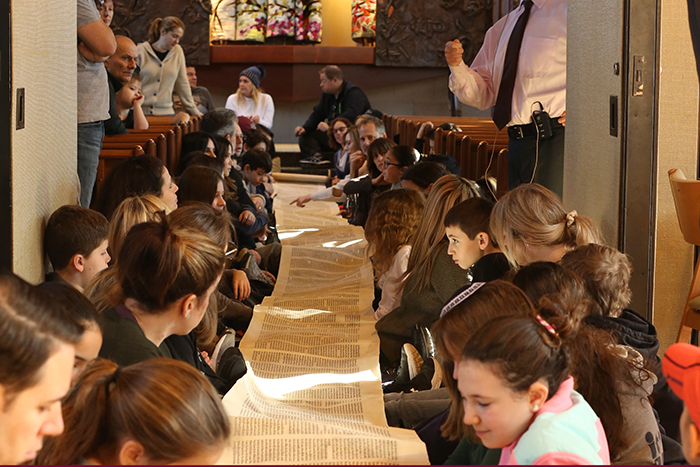
A common sentiment among Jewish-affiliated teens seems to be, after your b'nei mitzvah, religious school is over, right? Sure, you might come back for in a few years, but there's no real reason to stay involved. You're Jewish. You know that, your family knows that, and your friends know that. Staying involved is kind of a waste of time. Right? Actually, no. Even if you've had your b'nei mitzvah, there are benefits to staying involved with your Hebrew School and your religious education.
After your b'nei mitzvah, you graduate from the religious "kid's table" to a less structured, more interactive religious education. My confirmation class was essentially a year of study with our rabbi. She came in with the topics she wanted to discuss and a few Torah readings or a video to get us started, but after establishing the topic, the class was guided by the questions and comments we asked. A lesson about the Ten Commandments turned into a month-long debate of how society defines right and wrong. Along the way, lessons touched on social media, prisons, and the upcoming election. Often, I would bring up topics we had discussed in confirmation in my AP Government and Politics class. Or I'd save my notes to pull out on AP Language and Composition essays because I had already discussed and dissected in confirmation class the same things we were learning in class. The people I discussed these topics with first were other teens with similar backgrounds to me. They understood, and would bring up, struggles and questions I could never ask in my public school, but which were open for discussion every Sunday from 11 a.m.-1 p.m.
My freshman year, at the urging of one of my friends, I joined my high school's Jewish Student Union (JSU). JSU turned out to be exactly what I needed. The same topics, ideas, and questions I was discussing in confirmation were brought up in JSU, but we were a much smaller, more tight-knit group.
Having that extra sense of community made it so much easier to continue my religious education. Even when it would have been easy to skip JSU, I reminded myself that these were the same people who checked up on me in class during the , the same rabbi who sent us pizza over Zoom when meetings were canceled due to COVID-19, and the same friends who convinced me to hop on a plane to travel to Israel for a month with 50 other Jewish teens. I'm currently in Israel on a JSU-sponsored trip, and from praying at the Kotel (the Western Wall) to hanging off the edge of Masada, to running "the Bunker Challenge" (an IDF training simulation exercise) at the site of one of the most famous sites of the Six Day War. I will never forget this experience. And it's an experience I never would have had if I'd finished my religious education once my was over.
Even if you don't want to make your continuing education formal, just staying involved is more than enough. Judaism is a religion of generations. We learn so that we might teach our children, so that they might teach their children. You don't have to go to a yeshivah (an institution of Jewish learning) or learn with a Talmudic scholar, but life changes so fast once you hit 13, it seems worth it to leave your options open.
Related Posts
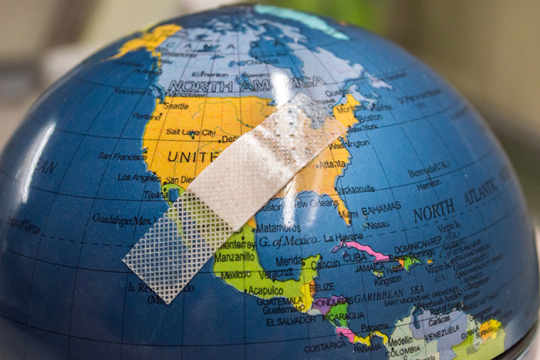
Reform Teens Honored for Tikkun Olam Efforts
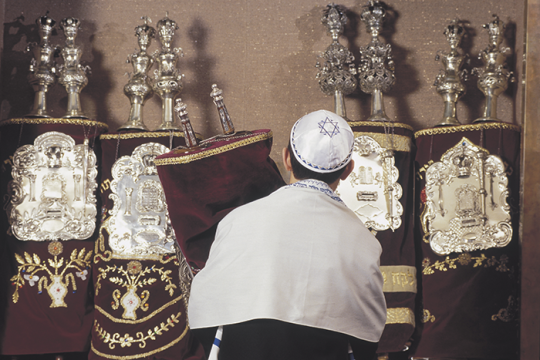
Spicing up my Hispanic Heritage and Embracing Sephardic Traditions
